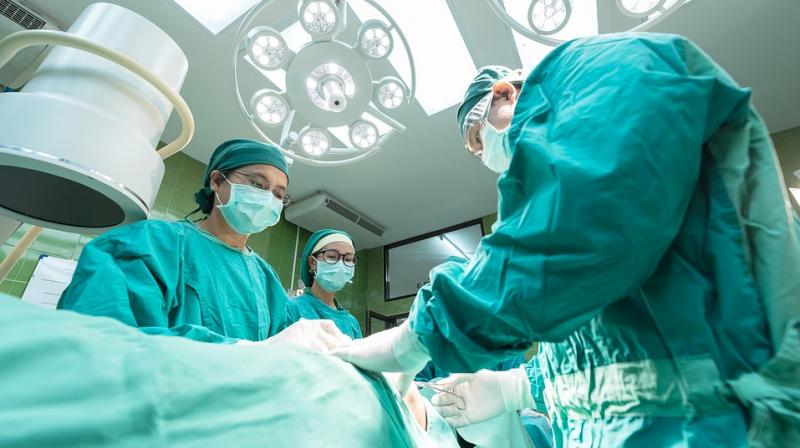Hyderabad: Doctors fail rape victims
Poor collection of samples hampers trial, affects victims.

Hyderabad: A large number of vaginal swabs and semen samples collected in rape cases do not yield accurate results, because the substance collected is not sealed properly nor stored at a suitable temperature. This mishandling is likely to hamper the investigation.
The forensic department of the AIIMS is batting for a one-stop sexual assault examination, enabled with state-of-the-art DNA collection and testing facilities. The lack of proper facilities at hospitals has been found to have a direct correlation with the quality of DNA evidence collected.
Dr Sudhir K. Gupta, head of the AIIMS department of forensic medicine, said that vaginal swabs and semen samples must be analysed quickly. “Currently, 80-90 per cent of samples do not yield viable results either because they are not collected and sealed properly, or because they are stored at an unsuitable temperature. There is a dire need for educating and training first-line responders on proper collection and handling of DNA samples while at the same time creating dedicated infrastructure to attend to rape survivors”.
According to AIIMS statistics, 40,000 cases of rape are reported in India every year. The post-trauma care that survivors get at authorised hospitals is still poor.
“At present, government hospitals just provide a room in the existing gynaecological emergency with no dedicated forensic staff. They even send them to the regular OPD (out-patient department) which can take days,” added Dr Gupta.
Creation of one-stop sexual assault examination and care centres will help sexual assault or rape victims, because the centre will preserve the forensic evidence. This is vital as there is a steady rise in demand for DNA testing in rape cases.
The number of DNA profiles derived from crime scene evidence has doubled over a year, from 10,000 cases tested in 2017 to nearly 20,000 this year. Despite an uptick in the number of profiles being tested, the volume remains low considering that four cases of rape are registered hourly.
Statistics show a dramatic increase in the number of crimes against women, which have increased more than 80 per cent over 10 years. But only one in four rape cases results in a conviction.
Forensic DNA has emerged as the most reliable crime fighting technology the world over.
Many countries are effectively using forensic labs and protocols to collect, test and compare DNA at crime scenes with that of suspects, with promising results. India has been slow to follow suit. Lack of scientific methods in investigations and absence of a policy framework continues to hamper justice.

